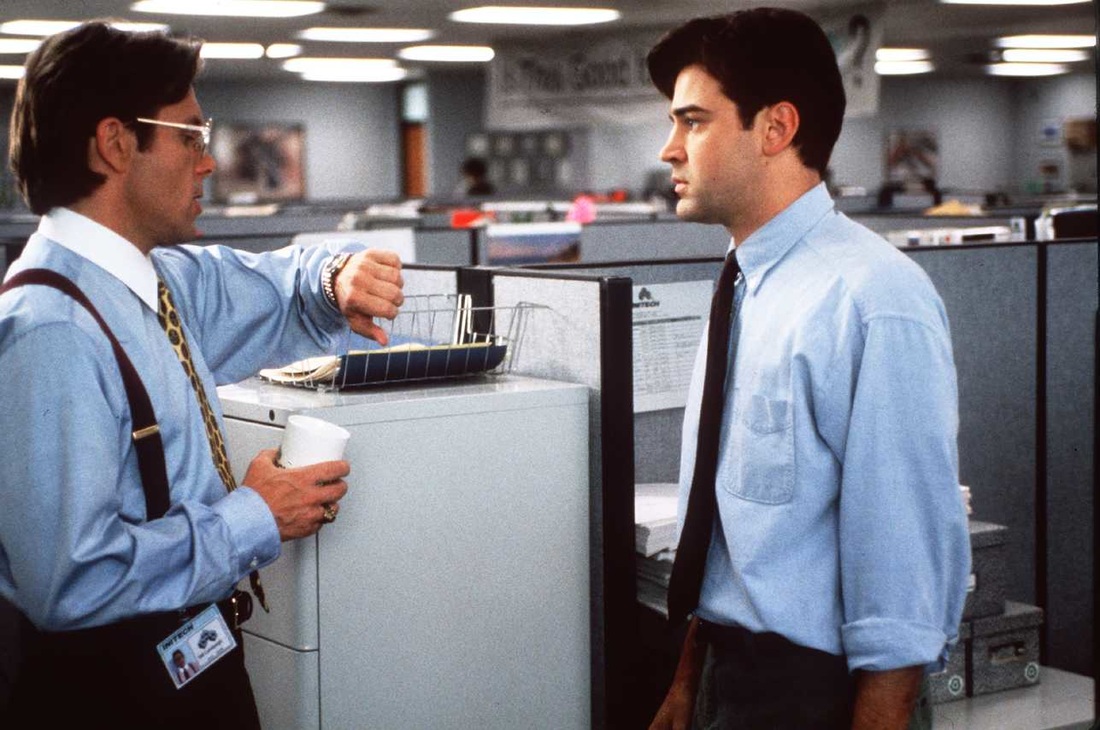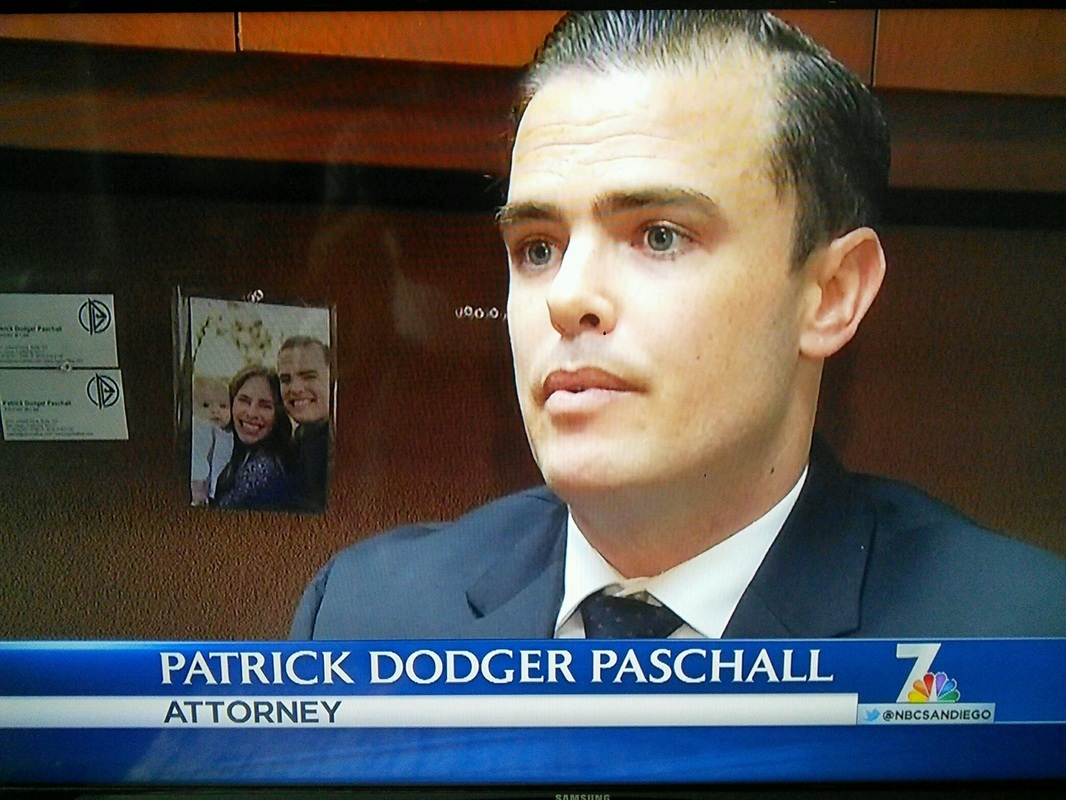"My employer is violating California laws, but I am too afraid that I will lose my job to complain about it." As an attorney who frequently consults with and represents California employees with regards to labor and employment matters, I often hear this statement from employees who fear losing their jobs would result from a legitimate complaint as to California Labor Code, IWC Wage Order, and/or Fair Employment and Housing Act (FEHA) violations.
Regardless of the severity of the violations (whether physical sexual harassment, discrimination, or the failure to pay wages or provide proper meal and rest periods, for instance), it is a very common thing for employees to allow their fear of losing their job to prevent them from doing what is right by complaining about unlawful conduct.
I respond to these and similar fear driven statements with a question: "What do you want to do about it?" This is something the employee must carefully consider, as doing something about labor and/or employment law violations carries a very real risk that the employer will retaliate. If the employee wants to do something about it, then they must come to terms with the fact that their employer may terminate them. However, if the employer does terminate the employee after the employee has made a legitimate complaint regarding unlawful conduct by the employer or the employee's supervisors, then the employee will have available a claim for wrongful termination in violation of public policy. Damages for such a claim can be extremely costly for the employer.
On the other hand, if the employee is too scared to do anything about it, then they will remain powerless in a miserable disposition at work. After all, doing nothing will achieve just that ... NOTHING.
When an employee chooses to do something about it, the first question is always "What should I do?" The answer to that is always going to depend on the particular circumstances facing the employee, so consulting with an attorney well versed in labor and employment law is crucial. Nevertheless, in all cases, it is very important to create a paper trail that will place the employer on notice of the unlawful conduct and limit "he said/she said" arguments to a minimum. It cannot be emphasized enough how important it is to submit all workplace complaints in writing. The complaints should be provided to the employees Human Resources department or supervisors, even if the person receiving the complaint is the subject of the complaint.
Placing the employer on notice of the unlawful conduct triggers a duty for the employer to correct the conduct. What the employer does at this moment is extremely important with respect to creating liability or not. For instance, in a sexual harassment case, if the employer does nothing and allows the sexual harassment to continue, then the harasser and the employer could be held liable for FEHA violations and negligent supervision. If the employer takes reasonable action and corrects the violations, then no harm no foul and the employee has nothing left to complain about.
Once on notice, if the employer takes retaliatory action against the employee (such as disciplinary action, termination of employment, cutting work hours on the next schedule, decreasing wage rates, etc.), then it will be incredibly difficult for the employer to later claim that their subsequent retaliatory acts were based on anything other than retaliating as a consequence of a legitimate workplace grievance.
The power to change unlawful workplace actions lays with the employees who endure such conditions. No employee should have to deal with being treated unlawfully by their employer or supervisor, and no employer or supervisor should get away with treating their employees unlawfully.
Paschall Law has assisted many employees in making things lawful and right at their workplace. Sometimes, just a strong demand letter will cure the problem. Other times, litigation is necessary to achieve justice. Regardless of the route, Paschall Law will fight tooth and nail to ensure an employee's rights and interests are protected and enforced as much as possible. If you or anyone you know is faced with unlawful conditions at work, please do not hesitate to contact Paschall Law for a free consultation.
This blog entry is an advertisement for Paschall Law.
Regardless of the severity of the violations (whether physical sexual harassment, discrimination, or the failure to pay wages or provide proper meal and rest periods, for instance), it is a very common thing for employees to allow their fear of losing their job to prevent them from doing what is right by complaining about unlawful conduct.
I respond to these and similar fear driven statements with a question: "What do you want to do about it?" This is something the employee must carefully consider, as doing something about labor and/or employment law violations carries a very real risk that the employer will retaliate. If the employee wants to do something about it, then they must come to terms with the fact that their employer may terminate them. However, if the employer does terminate the employee after the employee has made a legitimate complaint regarding unlawful conduct by the employer or the employee's supervisors, then the employee will have available a claim for wrongful termination in violation of public policy. Damages for such a claim can be extremely costly for the employer.
On the other hand, if the employee is too scared to do anything about it, then they will remain powerless in a miserable disposition at work. After all, doing nothing will achieve just that ... NOTHING.
When an employee chooses to do something about it, the first question is always "What should I do?" The answer to that is always going to depend on the particular circumstances facing the employee, so consulting with an attorney well versed in labor and employment law is crucial. Nevertheless, in all cases, it is very important to create a paper trail that will place the employer on notice of the unlawful conduct and limit "he said/she said" arguments to a minimum. It cannot be emphasized enough how important it is to submit all workplace complaints in writing. The complaints should be provided to the employees Human Resources department or supervisors, even if the person receiving the complaint is the subject of the complaint.
Placing the employer on notice of the unlawful conduct triggers a duty for the employer to correct the conduct. What the employer does at this moment is extremely important with respect to creating liability or not. For instance, in a sexual harassment case, if the employer does nothing and allows the sexual harassment to continue, then the harasser and the employer could be held liable for FEHA violations and negligent supervision. If the employer takes reasonable action and corrects the violations, then no harm no foul and the employee has nothing left to complain about.
Once on notice, if the employer takes retaliatory action against the employee (such as disciplinary action, termination of employment, cutting work hours on the next schedule, decreasing wage rates, etc.), then it will be incredibly difficult for the employer to later claim that their subsequent retaliatory acts were based on anything other than retaliating as a consequence of a legitimate workplace grievance.
The power to change unlawful workplace actions lays with the employees who endure such conditions. No employee should have to deal with being treated unlawfully by their employer or supervisor, and no employer or supervisor should get away with treating their employees unlawfully.
Paschall Law has assisted many employees in making things lawful and right at their workplace. Sometimes, just a strong demand letter will cure the problem. Other times, litigation is necessary to achieve justice. Regardless of the route, Paschall Law will fight tooth and nail to ensure an employee's rights and interests are protected and enforced as much as possible. If you or anyone you know is faced with unlawful conditions at work, please do not hesitate to contact Paschall Law for a free consultation.
This blog entry is an advertisement for Paschall Law.








